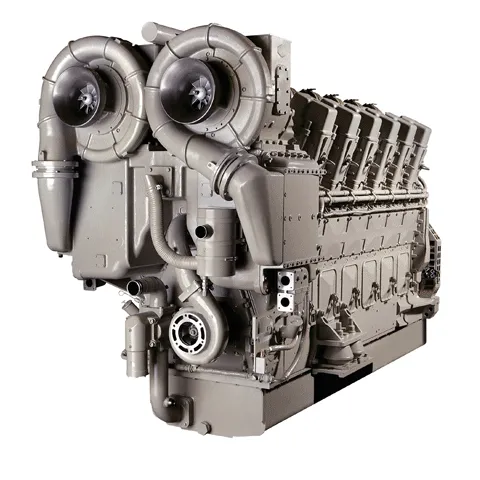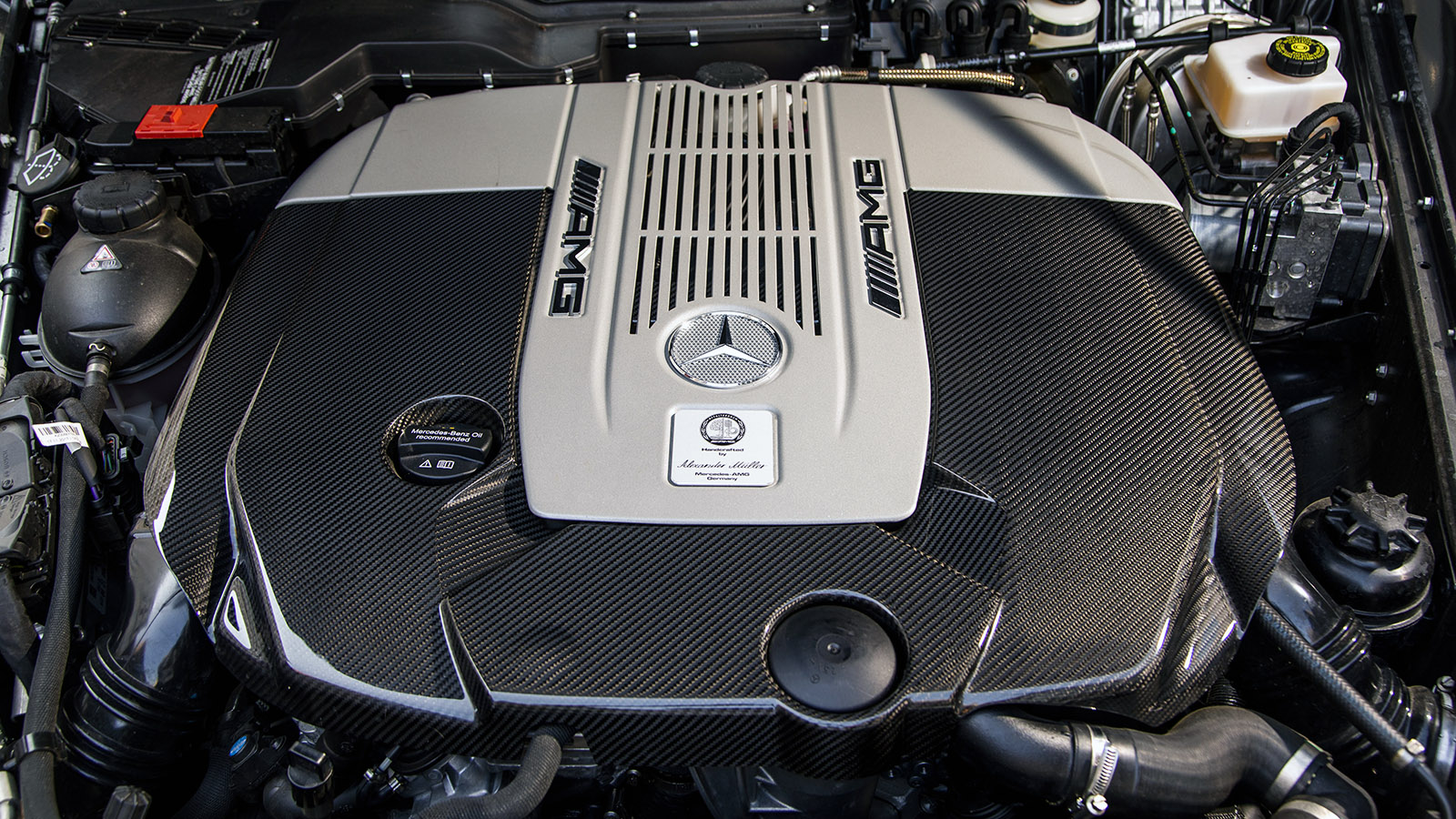Exactly How to Source Affordable Solutions from Engines For Africa
Explore a Vast Array of Engines for each Automobile and Function
The auto landscape is increasingly complex, with a varied selection of engine kinds designed to meet specific performance and performance needs throughout different car classifications. From the high-performance engines that power sports automobiles to the fuel-efficient choices tailored for daily travelling, the selections are huge and differed. Additionally, sturdy engines offer the requirements of job lorries, while green choices are getting grip in the quest of lasting transportation. Understanding these differences is critical for making notified choices, specifically as arising modern technologies continue to form the future of auto engineering. What implications might these innovations hold for customers and makers alike?
Types of Automotive Engines
Automotive engines can be classified into numerous distinctive kinds, each developed to meet certain performance and performance demands. The most usual categories include interior combustion engines, electrical engines, and hybrid systems.

Electric engines, on the other hand, run on electric power saved in batteries, supplying immediate torque and absolutely no discharges. These engines are becoming increasingly prominent due to advancements in battery modern technology and the expanding emphasis on sustainability.
Crossbreed systems combine both inner burning and electric engines, allowing automobiles to maximize fuel performance and minimize discharges by effortlessly switching over in between source of power. Each engine kind offers its advantages and downsides, influencing elements such as lorry layout, intended use, and market demand. When choosing the suitable engine for their certain demands., comprehending these distinctions is crucial for makers and customers alike.
Performance Engines for Sports Cars
Performance engines for cars are specifically crafted to deliver boosted agility, power, and speed, setting them in addition to standard automotive engines. These engines often utilize advanced technologies such as turbocharging, supercharging, and variable shutoff timing to make the most of performance and responsiveness.
Typically, performance engines are designed with greater compression proportions, which permit better power extraction from fuel. This causes remarkable horsepower and torque figures, making it possible for rapid velocity and higher leading rates. The light-weight products utilized in these engines, such as aluminum and carbon fiber, add to minimized general car weight, boosting handling and maneuverability.
Engine setups like V6, V8, and also hybrid systems prevail in performance cars, each offering distinct benefits in terms of power distribution and driving characteristics. The tuning of these engines is additionally important; numerous producers maximize the engine management systems to give a thrilling driving experience, commonly including sporting activity modes that change throttle response and equipment changes.
Effective Engines for Daily Commuters
In the world of daily travelling, efficient engines play a vital role in enhancing gas economic climate and minimizing discharges while giving dependable efficiency. As urban populaces expand and ecological issues intensify, the demand for automobiles outfitted with efficient powertrains has risen.
Modern engines designed for daily commuters usually incorporate technologies such as turbocharging, direct fuel injection, and crossbreed systems. Turbocharging boosts engine efficiency by requiring more air right into the burning chamber, allowing for smaller, lighter engines that do not compromise power outcome. Straight gas injection improves gas atomization, bring about better combustion and increased efficiency.
Hybrid engines, incorporating inner burning with electric power, additional augment fuel economy, particularly in stop-and-go traffic, where conventional engines can experience from ineffectiveness. Electric electric motors help during velocity and can operate separately at low speeds, lowering total fuel usage.
Furthermore, developments in engine management systems and lightweight products add significantly to reliable engine layout. By concentrating on performance, sturdiness, and ecological sustainability, producers remain to supply engines that not just meet the demands of day-to-day commuting but my site additionally line up with worldwide efforts to lower carbon footprints.
Heavy-Duty Engines for Job Autos
Durable engines for work lorries are routinely crafted to supply remarkable torque and integrity under demanding conditions. These engines his comment is here are made to do in environments where typical engines may fail, such as building sites, logging operations, and farming settings. The key focus of sturdy engines is their ability to produce high levels of power while keeping sturdiness over expanded periods of operation.
Typically, sturdy engines utilize sophisticated products and robust building and construction techniques to stand up to the rigors of hefty workloads. Attributes such as reinforced cyndrical tube blocks, improved cooling systems, and progressed gas injection innovations add to their effectiveness. These engines commonly run at lower RPMs, which assists to enhance gas efficiency while supplying the essential power for transporting and hauling.
Along with mechanical toughness, heavy-duty engines are commonly equipped with sophisticated electronic control devices (ECUs) that take care of performance, emissions, and diagnostics. This combination enables much better surveillance and upkeep, ensuring that work lorries stay effective and operational.
Eventually, durable engines are an essential component in the efficiency of various sectors, giving the essential power and reliability to take on the hardest of jobs.
Eco-Friendly Engine Options
The expanding focus on sustainability has actually caused the development of green engine alternatives that focus on lowered exhausts and boosted gas effectiveness. These engines are made to minimize try this website the ecological influence of automobiles while still supplying the performance and reliability anticipated by customers.
Among the most significant green choices are hybrid and electric engines. Hybrid engines combine traditional inner burning engines with electrical propulsion, permitting minimized fuel intake and reduced greenhouse gas exhausts. Electric engines, on the various other hand, operate totally on battery power, producing absolutely no tailpipe discharges and adding to cleaner air quality.
One more promising growth is the development of biofuel engines, which utilize eco-friendly resources, such as plant products, to power cars (Engines For Africa). By making use of biofuels, these engines can minimize dependency on fossil gas and lower general carbon footprints

As the automotive sector develops, eco-friendly engine choices will play a crucial function in driving the transition in the direction of even more lasting transportation options.
Conclusion
From high-performance engines that boost sporting activities cars and truck capabilities to efficient versions prioritizing gas economic climate for daily travelers, each kind serves a details function. Heavy-duty engines cater to robust work automobiles, while eco-friendly options, such as electric and biofuel engines, promote sustainable transportation.
